What I Have Learned From My Seminars
Author:
Unlock your full potential by engaging with our experts and community! Have questions about your fitness journey or looking for expert advice on weightlifting techniques? Don’t hesitate — leave a comment below and Sergii Putsov will provide a personalized answer and insights to help you reach your goals.
Torokhtiy is reader-supported. Some links are affiliate links, and we may earn a commission at no extra cost to you. See our disclosure page for details.
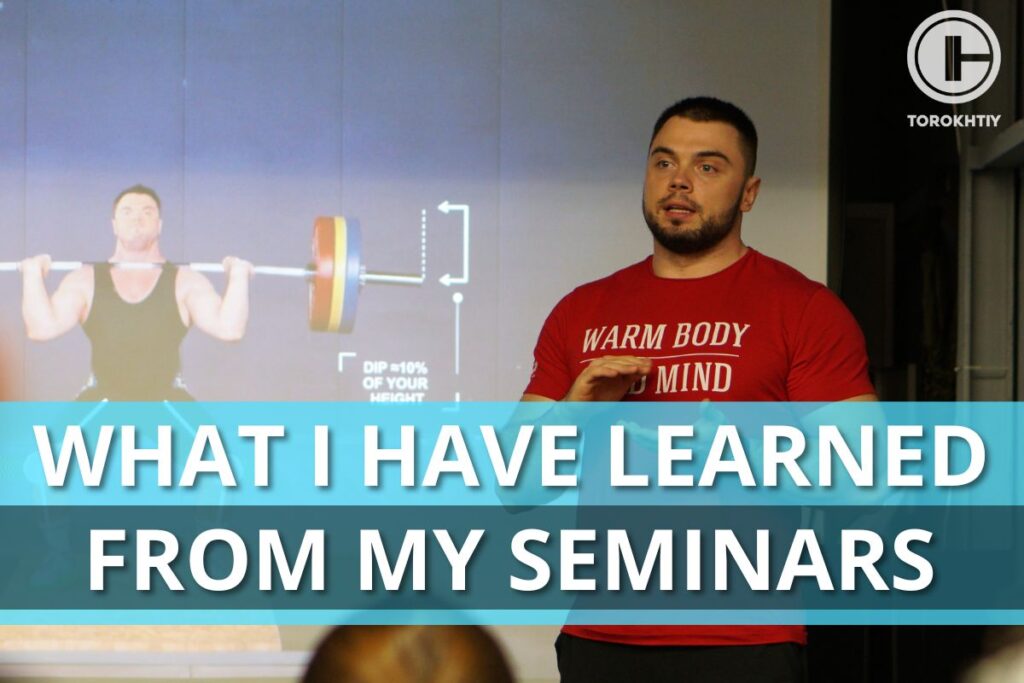
I have already been running seminars around the world for more than 4 years. During this period, I have gained a lot of new experience and knowledge, both in presenting information and material content. I realized what things are worth to pay more attention to and what details are important for those who visit seminars. I also identified for myself a number of important moments that came to me through practice, communication and feedback of athletes from all over the world.
1. My training
When I just started to run my seminars, it seemed to me that it was important to lift a lot at each seminar so that people could see what dynamics should be during lifting heavy weights. It greatly raised the emotional background of the seminar. But over time I felt that if I lifted my 90% every week, I would become exhausted very quickly because it was impossible to recover normally in 1 week taking into account flights and journeys. When I refused from this practice, I had much more time at seminars to give more information to the athletes. Now I can do my training the day before the seminar, and everyone is always invited to see it. All my big weights you can see on my channel. In addition, sometimes I take part in big sports events.
Follow us!
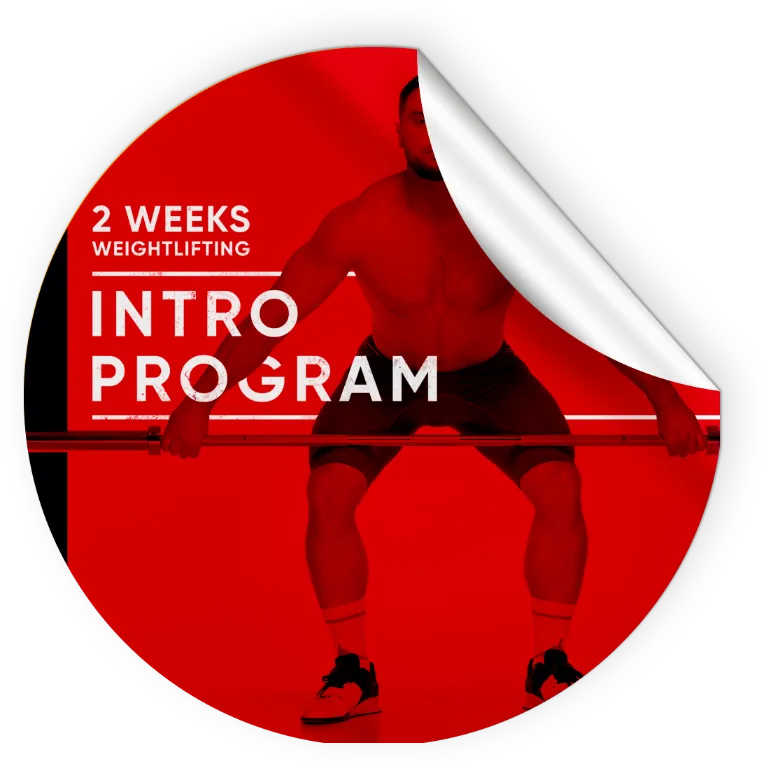
Free!
Get a 2-week Weightlifting Program as a bonus for the subscription to kickstart your training plan!

Free!
2. Theoretical part
One of the accents of my seminars is the special theoretical part. At first, I tell about the biomechanics of the movement, the trajectory of the bar movement, explain the differences between what we see and what happens in terms of physics. When I started running seminars, a big discovery came upon me that many athletes did not understand how power development actually happens and what makes the bar fly. When a person does not understand something, it is difficult for him to perform an exercise correctly and consciously. This is a big difference between the training of children and adults. The best method of training for children is a game: children get the task to jump with a plastic stick and they happily repeat. It is quite otherwise with adults: they need to explain why and how it works. This is especially important for those who are engaged in the trainer’s work.
3. Details
Most athletes visit seminars to study. So I focus on detailed analysis of progressions, especially special exercises. I explain why it works this way, what differences in training for beginners and experienced athletes, why mistakes can appear and how to avoid them. When we were children and beginners, nobody particularly explained to us why it was necessary to make an exercise – we just trained. People come to seminars for answers and understanding of the basic things and small details. My goal is to provide information in the most practical ways: through demonstration, through verbal explanation and practical performance of exercises and its parts.
You may like it:
- Detailed Olympic Weightlifting Program For Beginners
- 12-Week Weightlifting Program For Women (Detailed Example)
- Create Your Olympic Weightlifting Program (Examples Included)
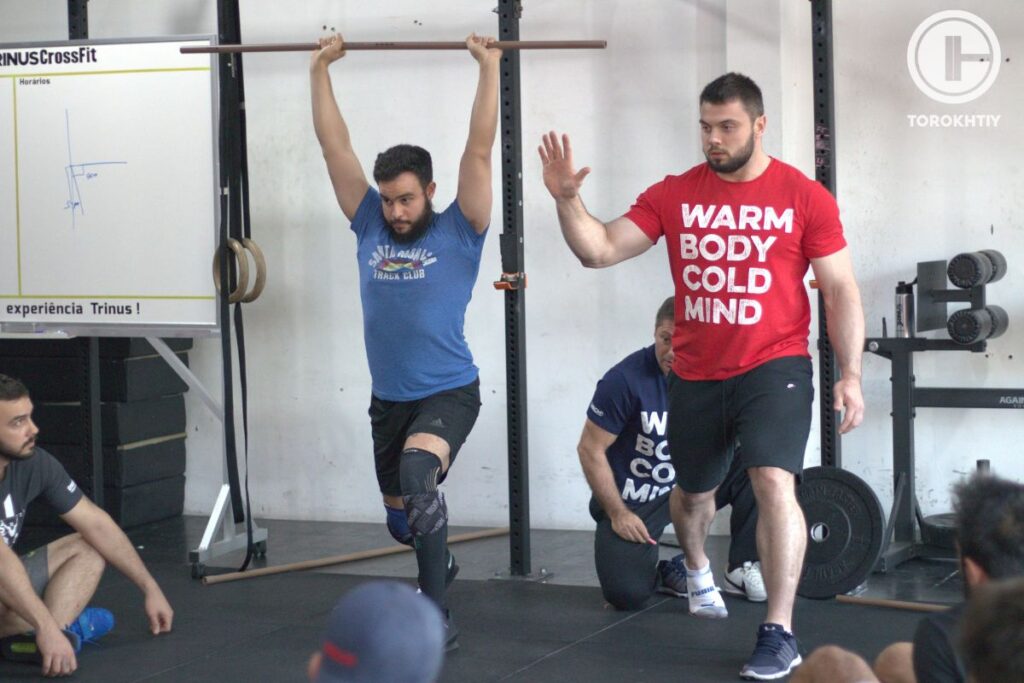
4. Flexibility and mobility
Modern weightlifting can be easily called mass sports, as in many countries it has become a full-fledged part of the fitness sphere. People of different ages and levels of preparation come to do weightlifting. In my opinion, they are all united by two features: everyone wants to lift “a lot” and practically everyone lacks the flexibility and mobility necessary for weightlifting. At the seminars, I spend a lot of time explaining the specifics of these skills, showing special exercises that prepare the body for speed-force work with the bar. Not everyone manages to take the necessary positions, and it is normal: my story with shoulders lasted not one month, therefore I understand the athletes well. At one of the seminars in Brazil, the athlete asked me, “I have poor shoulder girdle flexibility. How can I change the grip to lift more?” My answer was, “If there is no shoulder surgery in your nearest plans, do not try a new grip, but develop flexibility and mobility!”
5. Lift or not to lift?
The traditional thing of my seminars is training after analysis all the progressions. There are athletes who even specially make a preparatory training cycle to look confident in this training and show solid weights for themselves. I do not particularly welcome that after 4 hours of work on technical elements athletes lifted weights more than 70%. When I write the program for this training and explain it to athletes, I tell them that, as a trainer, I am interested in the conscious approach and clear movement in the area of 70%. But if you feel the strength and desire to lift on full force, I can’t stop you.
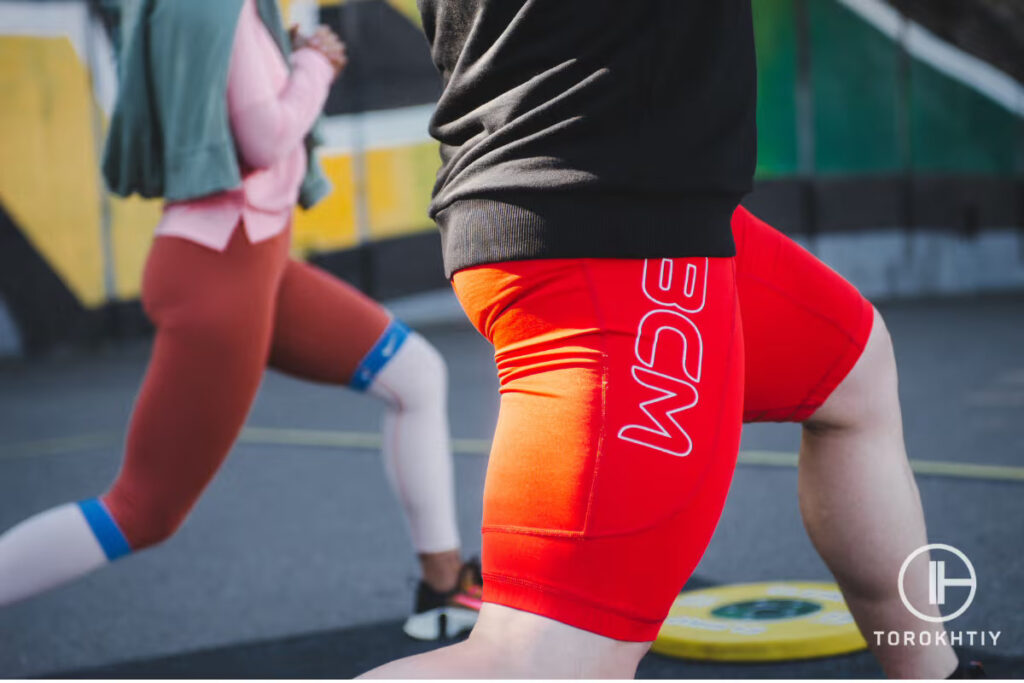
As a professional athlete, I remember very well how responsibly I prepared for heavy training: planned the rest and rehabilitation procedures. Sometimes it was like mini-competitions in terms of load intensity. Now imagine my surprise when at almost every seminar some athletes set their PRs after 4 hours of exhausting technical work. Discussing this with them, I always say that “during this time you certainly did not become stronger, but you have got an understanding and improved the quality of performance at the expense of the done work – it allowed showing a new result”.
6. We teach each other
For 4 years of running seminars, I managed to enhance and improve my theoretical and practical programs in several times. I constantly continue to do so thanks to the experience of working with athletes from different countries, questions that I am asked at the seminars and reviews about my work. I do not know the answers to all questions: some answers come from sports experience or intuitively, others I have to search in textbooks, and I still look for answers to some questions.
I believe that there is no trainer who can teach Olympic weightlifting in a few days. My goal at seminars is to share the long-term experience in this sport: the experience of victories and failures, mistakes and discoveries, various approaches to training and knowledge that my trainers and team-mates gave me.
I consider that a comprehensive approach is the most effective and efficient way to refine your skills. I believe that it will help athletes to avoid those mistakes that I made in my sports way. It will give an opportunity to be safely engaged in weightlifting, enjoying training for many years!
Train together – train right!
You might be interested in:
Why Trust Us?
With over 20 years in Olympic weightlifting, strength training, nutrition coaching, and general fitness our team does its best to provide the audience with ultimate support and meet the needs and requirements of advanced athletes and professional lifters, as well as people who strive to open new opportunities and develop their physical capabilities with us.
By trusting the recommendations of our certified experts in coaching, nutrition, and sports training programming, as well as scientific consultants, and physiotherapists, we provide you with thorough, well-considered, and scientifically proven content. All the information given in the articles concerning workout programming, separate exercises, and athletic performance, in general, is based on verified data.
The product testing process is described in more detail here.
Author: Sergii Putsov
Head of Sport Science, PhD
Best Results: Snatch – 165 kg,
C&J – 200 kg
Sergii Putsov, Ph.D., is a former professional weightlifter and National team member, achieving multiple medals in the 94 kg weight category at national competitions. With a Master’s degree in “Olympic & Professional Sport Training” and a Sport Science Ph.D. from the International Olympic Academy, Greece, Sergii now leads as the Head of Sport Science. He specializes in designing training programs, writing insightful blog articles, providing live commentary at international weightlifting events, and conducting educational seminars worldwide alongside Olympic weightlifting expert Oleksiy Torokhtiy.



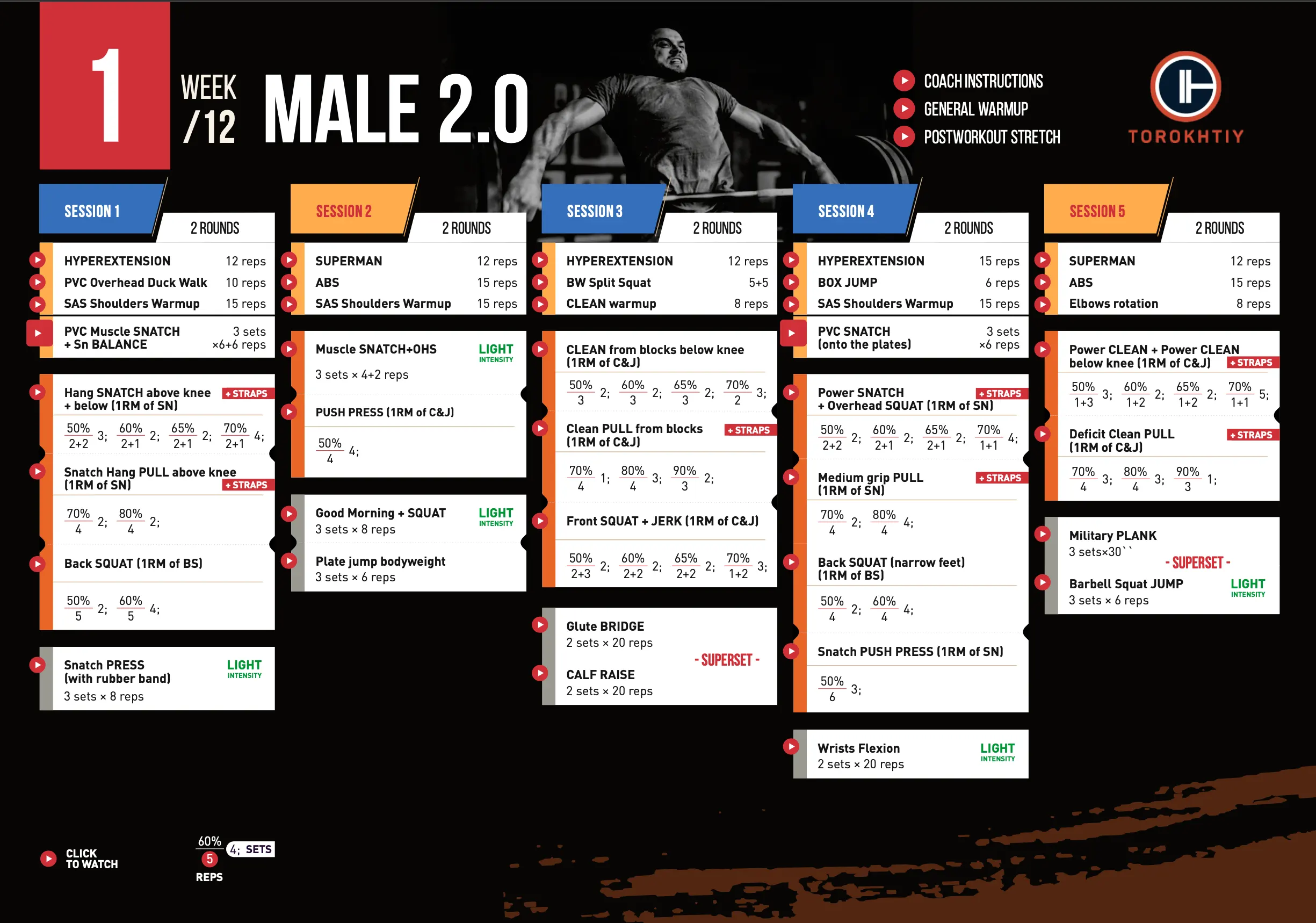
Still have questions after reading our article? Unlock your full potential by engaging with our experts and community! Don’t hesitate — leave a comment below and Sergii Putsov will provide a personalized answer and insights to help you reach your goals.